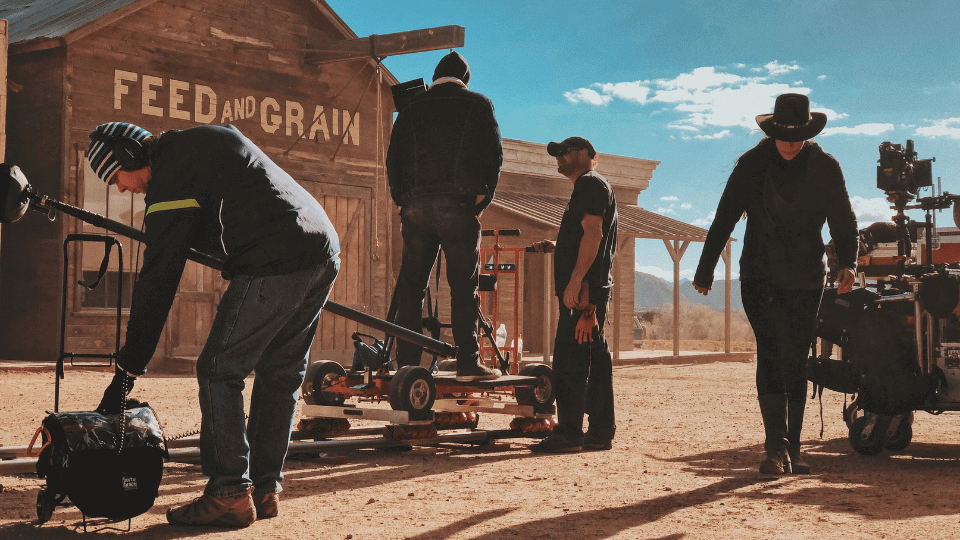Mastering the Craft: Essential Tips for Succeeding as a Dolly Grip
If you’re interested in pursuing a career in the film industry, you may have come across the term “dolly grip.” This job title may sound unfamiliar to those outside the industry, but it is a crucial role in the production of any film or television show. In this article, we will explore what a dolly grip does, the skills required to become one, and the steps you can take to pursue a career in this field.
What is a Dolly Grip?
A dolly grip is a technician responsible for operating the camera dolly, a specialized piece of equipment used to create smooth camera movements. They work closely with the camera operator and cinematographer to achieve the desired camera movement for each shot.
The dolly grip is responsible for setting up and maintaining the camera dolly, which includes attaching the camera to the dolly, securing the tracks, and ensuring that the dolly moves smoothly. During filming, the dolly grip must operate the dolly, which involves physically pushing or pulling it along the tracks while also keeping the camera steady.
Skills Required to Become a Dolly Grip
To become a dolly grip, you will need a combination of technical and physical skills. Here are some of the essential skills required to succeed in this role:
- Technical knowledge: A dolly grip must have a thorough understanding of camera equipment and how it works. They need to know how to set up and operate the camera dolly, as well as troubleshoot any issues that may arise.
- Physical fitness: This is a physically demanding job that requires a lot of lifting, pushing, and pulling. Dolly grips must be in good physical shape to keep up with the demands of the job.
- Attention to detail: A dolly grip must be able to pay close attention to detail to ensure that each shot is executed correctly. They must be able to stay focused and alert throughout long filming days.
- Communication skills: Dolly grips work closely with the camera operator and other members of the camera crew. They must be able to communicate effectively to ensure that each shot is executed according to the director’s vision.
Steps to Pursue a Career as a Dolly Grip
If you’re interested in becoming a dolly grip, here are some steps you can take to pursue this career:
- Get an education: While there is no specific degree or certification required to become a dolly grip, having a degree in film or a related field can be helpful. Consider enrolling in a program at a school like New York University (NYU) or Parsons School of Design to gain the skills and knowledge necessary to succeed in the film industry.
- Gain experience: To become a dolly grip, you will need to start at the bottom and work your way up. Consider starting as a production assistant or grip and working your way up to more technical roles.
- Network: The film industry is all about who you know. Attend industry events and connect with other professionals in the field. Consider joining a union like the International Alliance of Theatrical Stage Employees (IATSE) to gain access to job opportunities and networking events.
- Consider additional training: If you’re serious about pursuing a career as a dolly grip, consider taking additional training courses to hone your skills. Yellowbrick offers an online course in Film Production that covers the basics of camera operation, including dolly grips.
Key Takeaways
Becoming a dolly grip requires a combination of technical and physical skills. It is a physically demanding job that requires attention to detail and effective communication skills. If you’re interested in pursuing a career in this field, consider getting an education in film, gaining experience, networking, and taking additional training courses. To further your education, consider taking the NYU Film and TV Industry Essentials online course and certificate program offered by Yellowbrick. With dedication and hard work, you can succeed as a dolly grip in the film industry.








